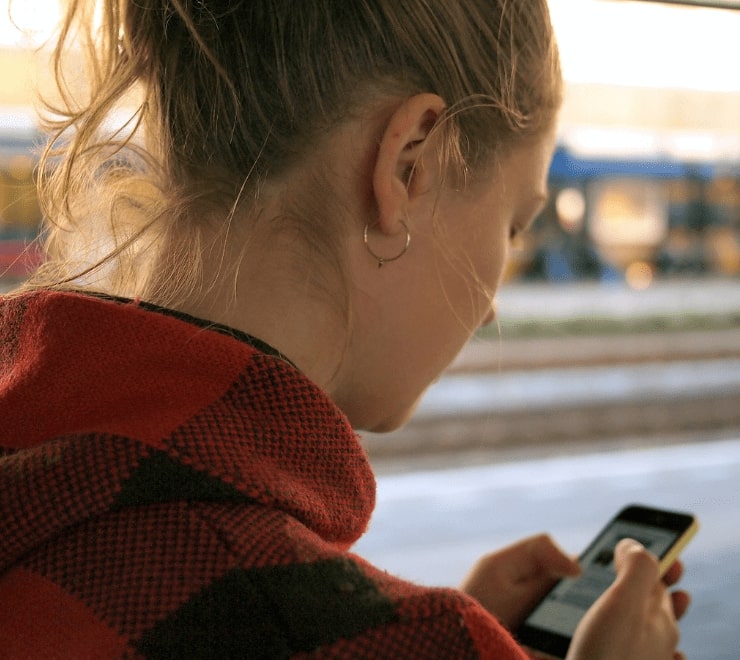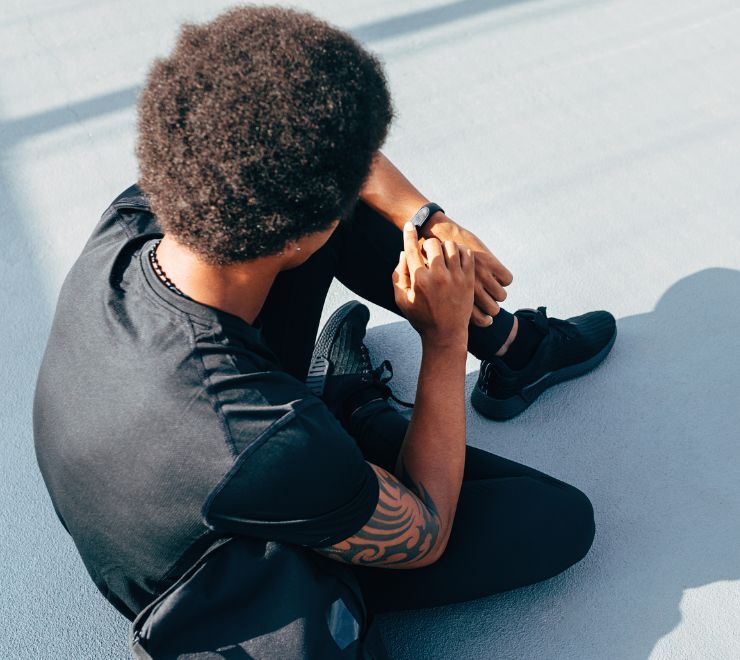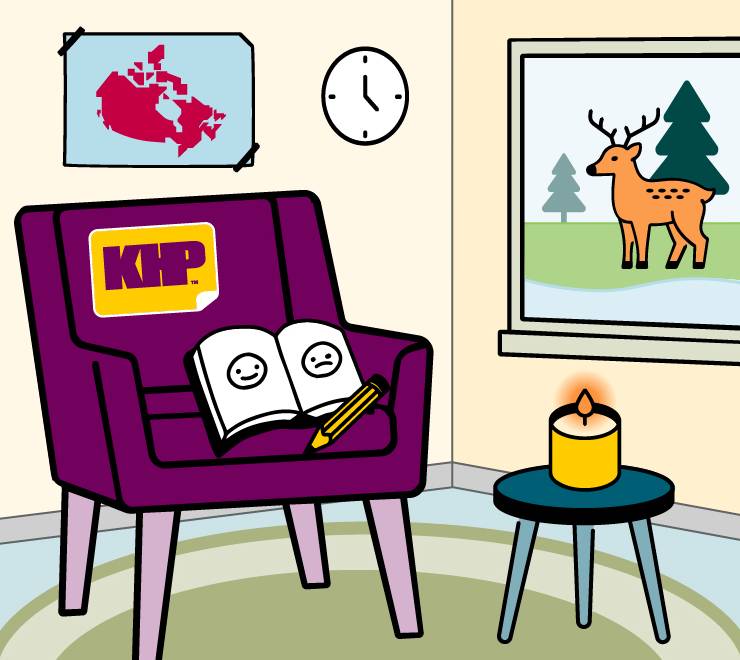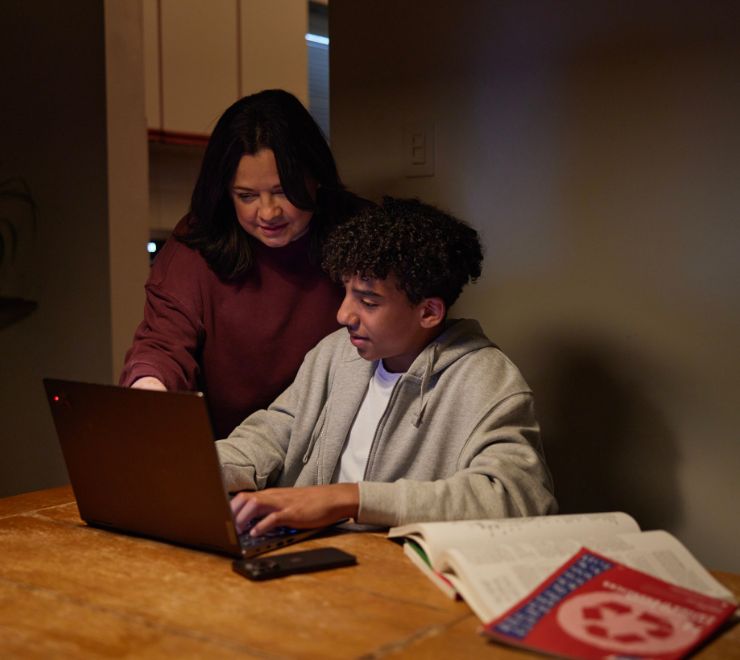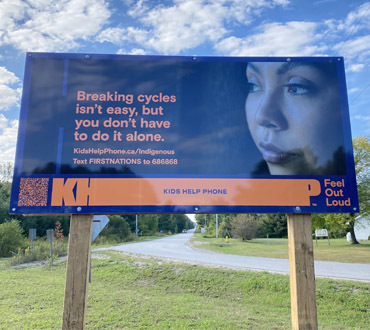How are the young people in your life doing during the COVID-19 pandemic? With stress, fear and anxiety increasing across Canada and the world, it’s natural for you and the young people around you to have questions/concerns about the novel coronavirus and its impacts. Here, Kids Help Phone shares some tips for supporting the young people in your life during this unprecedented time.
- Communicate: start an open conversation with the young person. Let them know you’re always available to help answer their questions. Having an honest, open discussion can often give them perspective and reassurance when things seem to be overwhelming or hopeless. It can also help them prepare for the challenges they may face in the weeks and months to come.
- Tailor what you share to their developmental stage and specific questions they’re asking. For example, “I wanted to talk to you about the virus you’re hearing so much about. Basically, it’s a germ that’s making some people sick. We’re all being extra careful so we don’t get ourselves or other people sick. That’s why we’re staying home right now. I can show you some other ways we can protect ourselves. But first, I wondered if you had any questions?”
- Check in often: young people may be riding a roller coaster of emotions right now, from disappointment over cancelled events to fears about the health of their friends and relatives. Let them know that you’re a person they can talk to about anything, any time, anywhere. Check in on their emotional health and well-being regularly. Remind them whatever they’re thinking/feeling is OK.
- Calm fears: if the young person is worried about the future and what it may look like for them, emphasize that they’re not alone. Everyone has questions and is experiencing uncertainty at this time. Try to foster hope and resilience by listening to the young person and practising empathy. Tell them you’re in this together! It’s also important to model effective ways to manage anxiety and stress during this time. One way young people learn to manage their emotions is by watching caring adults around them.
- Get the facts: it’s essential for everyone to get accurate information from trustworthy sources. You can visit the Government of Canada’s website together to get the facts about COVID-19 and how you can protect yourselves (e.g. proper handwashing technique, etc.). You can also take some time to learn about media literacy with them and how they can cope with triggering headlines in the news.
- Practise online safety: while young people are at home during school and business closures, their screen time may be rising. It’s important to chat with them about online safety and to set clear guidelines. Their devices can also be a way to connect with friends, peers and family members. This can help them combat loneliness while practising social distancing.
- Teach acceptance: unfortunately, certain groups are experiencing discrimination as a result of the pandemic. Remind the young person that this is never OK and that COVID-19 is no one’s fault. Share information about the effects of stereotypes, prejudice and discrimination and what they can do to take a stand.
- Reach out: let the young person know they’re never alone, even during their toughest times. You can reach out to Kids Help Phone together for support. We’re an e-mental health service, which means youth can connect with us 24/7 without having to make face-to-face contact.
- Take care: now more than ever, we need to nurture our mental, physical, emotional and spiritual health. You can do some research together on activities you and the young people in your life can do while at home. You can also find tools, games and resources below to help young people stay busy and take good care of themselves during this difficult time.
What other trustworthy resources are available?
We also want to share some resources with you that may be helpful during this time.
- #ScienceExplained (COVID-19 Resources Canada)
- YMCA at home (YMCA)
- #COVIBOOK: A hands-on book for supporting and reassuring kids under seven around the world (Manuela Molina/Mindheart.co)
- COVID-19: 24/7 parenting (Parenting for Lifelong Health)
- COVID-19 parenting: Keeping children safe online (End Violence Against Children)
- COVID-19 parenting: One-on-one time (World Health Organization)
- Using play to support children during the Coronavirus (COVID-19) pandemic (Emerging Minds, Australia)
- Managing routines for children during the Coronavirus (COVID-19) pandemic (Emerging Minds, Australia)
You can browse through tip sheets, tools and more below!

12 tips for navigating conversations with doctors
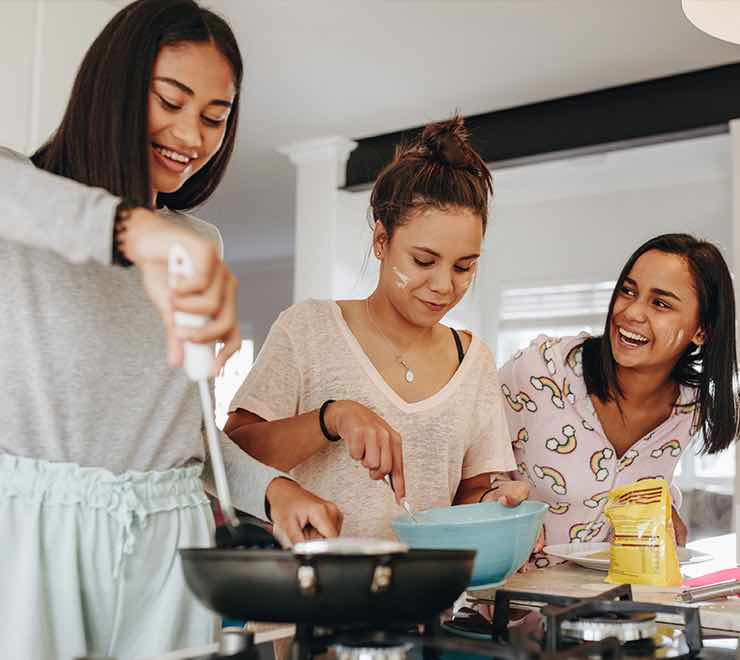
Kids Help Phone’s nutrition tips to fuel your body
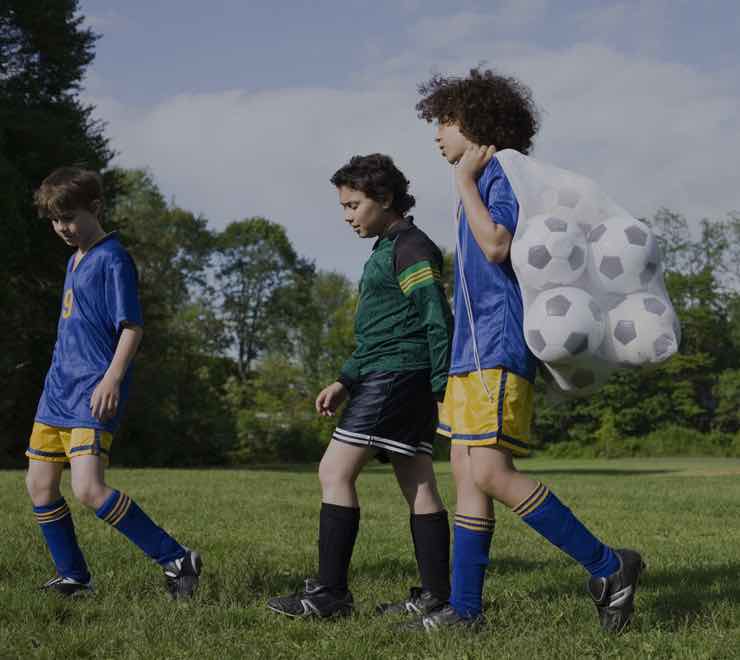
Work it out: Exercise and fitness tips

How to help a young person with sleep challenges

Worry Rockets

Breathing Balloon
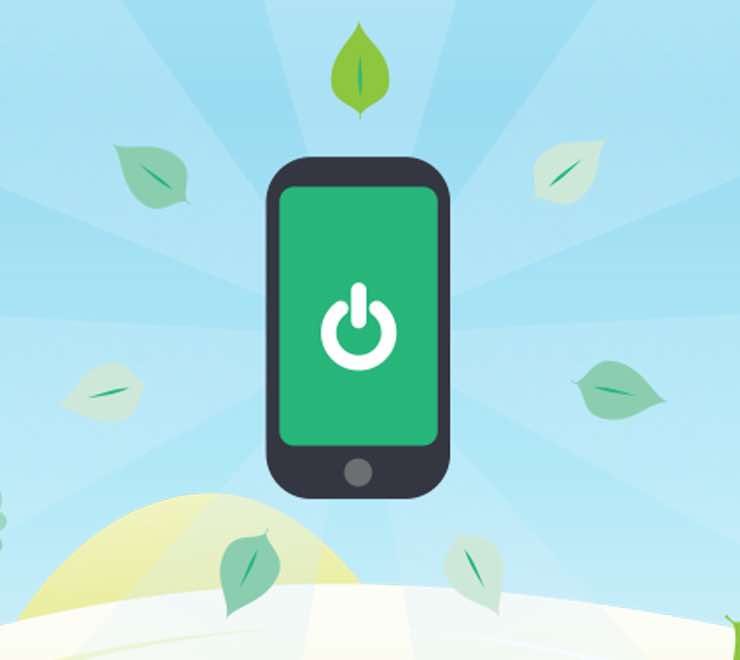
Digital detox: How to unplug and recharge

30 inspirational quotes to help uplift you in 2025
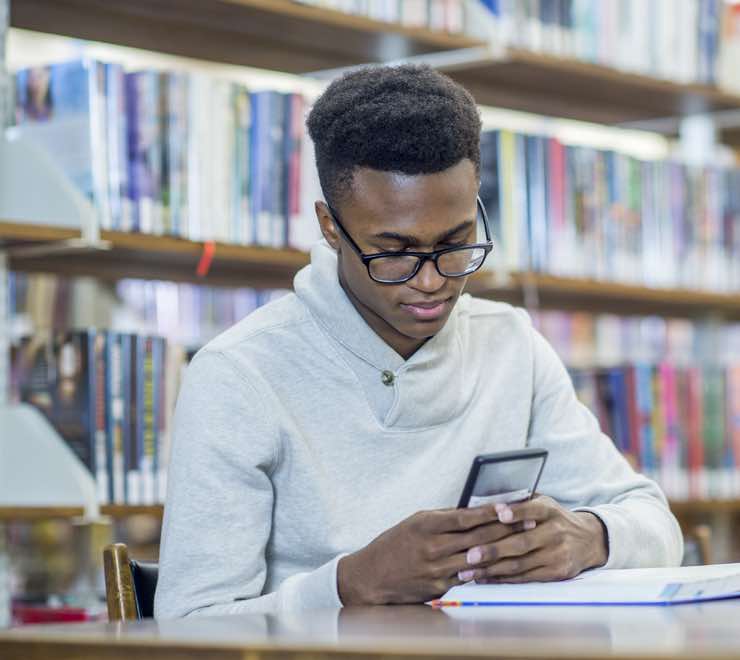
How to manage anxiety and panic

8 ways to foster hope in your daily life
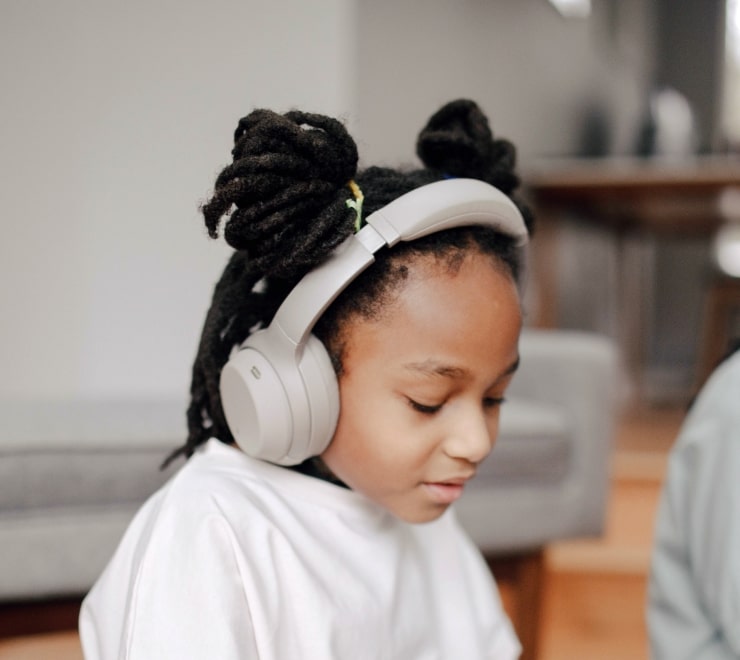
12 instant stress busters

How to calm down when you’re stressed

Words of wisdom: Positive quotes for your daily life in 2025
It’s critical for everyone to take care of the young people in their lives during the COVID-19 pandemic. You’re doing the right thing by offering support, opening the lines of communication and helping to reassure them we’ll get through this together.


